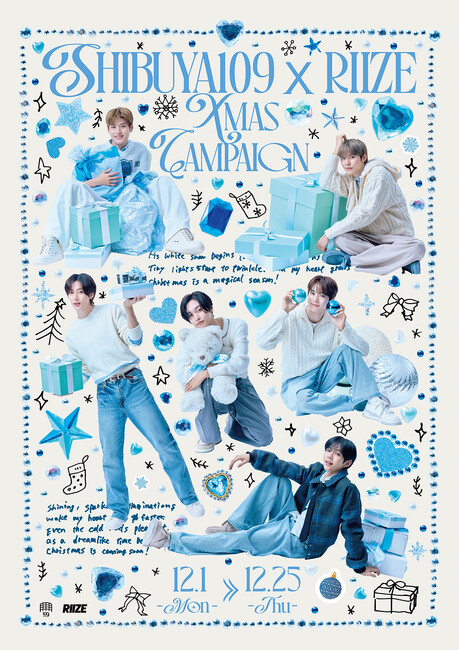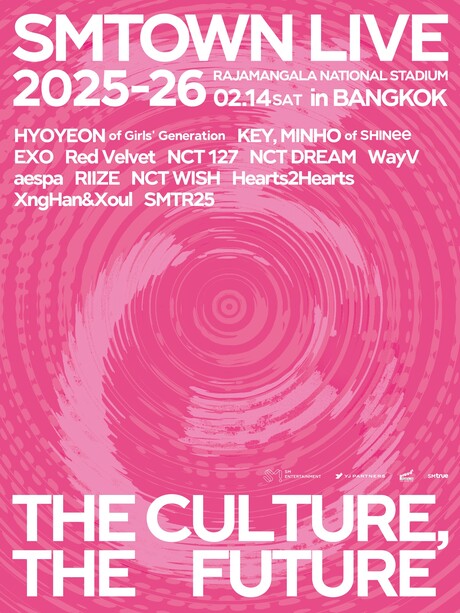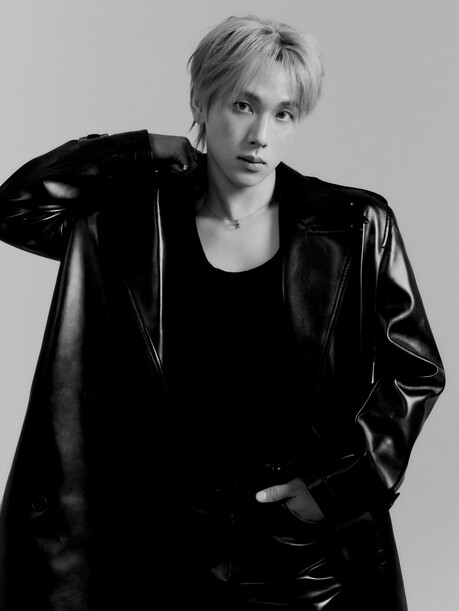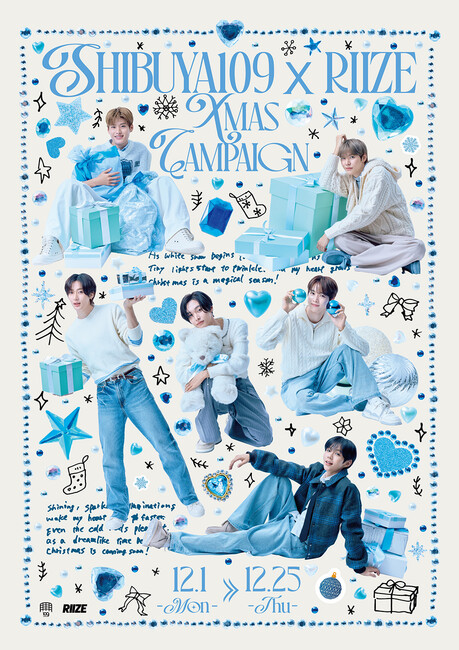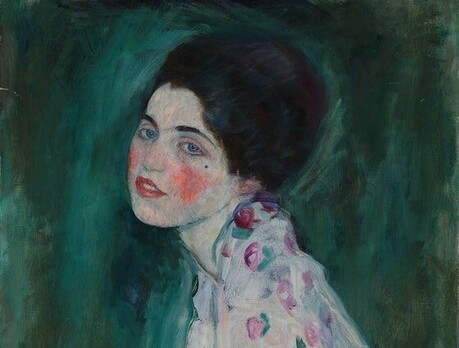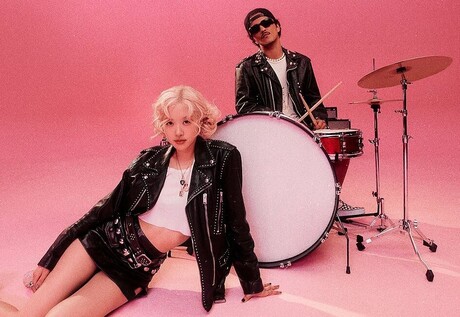Korean honorifics play a crucial role in K-drama storytelling, serving as powerful linguistic tools that reveal character relationships and emotional dynamics in ways that English subtitles often cannot capture. These seemingly small words carry tremendous weight in Korean culture, functioning as emotional cues that drive narrative tension and define the subtle subtext of scenes.
For K-drama fans worldwide, understanding these honorific terms is essential to fully grasping the deeper meanings behind character interactions. From romantic developments to generational conflicts, a single word can instantly signal shifts in relationships, hierarchy, and intimacy that Korean audiences instinctively recognize but may be lost on international viewers.
The term 'oppa' stands as perhaps the most widely recognized Korean honorific in global pop culture. Literally translating to 'older brother,' this word is used by women to address older men, whether they are actual siblings, boyfriends, or close male friends. In K-drama contexts, when a female character suddenly switches from using a man's name to calling him 'oppa,' it typically signals a significant shift in their emotional relationship and often indicates developing romantic tension.
This dynamic can be seen clearly in popular dramas like 'My Demon,' starring Song Kang and Kim You-jung, and 'Reply 1997,' where the transition to using 'oppa' serves as shorthand for romantic development. The word carries layers of meaning that encompass affection, closeness, and romantic interest, making it a powerful storytelling device that can alter the entire emotional flow of a scene.
Another significant honorific is 'seonbae,' used to address someone senior at school or work. This term carries complex connotations of respect, mentorship, and sometimes intimacy, particularly in workplace romance scenarios. The drama 'She Would Never Know,' featuring Won Jin-ah and Ro Woon, exemplifies how this term functions in professional settings where romantic feelings develop.
Simply translating 'seonbae' as 'senior' fails to capture the word's subtle warmth and the intricate relationship dynamics it implies. When characters begin using this term, it often marks the establishment of new boundaries or the development of emotional intimacy, serving as a bridge between formal professional relationships and more personal connections.
The terms 'ajeossi' and 'ajumma,' referring to middle-aged men and women respectively, provide insight into Korea's complex generational dynamics and social attitudes toward aging. 'Ajeossi' can convey various tones depending on context, ranging from respectful acknowledgment to mild dismissiveness, and sometimes even affection.
'Ajumma' carries particularly heavy cultural weight and can be more emotionally charged than its male counterpart. While it can be used affectionately to address middle-aged women, the term often carries the social stigma associated with aging in Korean society. This complexity is brilliantly illustrated in the series 'Love (ft. Marriage & Divorce),' starring Park Joo-mi, where three middle-aged women embrace the term while simultaneously challenging its negative connotations.
The dialogue in this series captures the dual nature of 'ajumma' through lines like 'So what if people call me ajumma at this age?' and 'I'm still a woman, after all.' These statements reveal both the social stigma attached to the term and the characters' efforts to reclaim it with self-deprecating humor and defiance.
These honorifics, along with terms like 'nuna,' 'hyeong,' and 'eonni,' function as more than simple labels – they actively script and define relationships within K-drama narratives. The emotional impact of these linguistic shifts is immediately apparent to Korean audiences, who can detect subtle changes in character dynamics through honorific usage.
For example, in 'Business Proposal' starring Kim Se-jeong and Ahn Hyo-seop, when a character drops the formal 'President Kang' in favor of the more personal 'Tae-moo ssi,' Korean viewers instantly recognize this as a significant relationship development. Similarly, in 'Twenty-Five Twenty-One,' when a student stops using 'seonbae' and begins calling someone by their name, it signals a fundamental shift in their connection.
For international audiences, these linguistic nuances might seem obscure or overly complex, but they represent essential elements of Korean cultural communication. Each honorific carries specific emotional and social weight that contributes to the rich subtext that makes K-dramas so compelling to domestic audiences.
Understanding these honorifics provides international viewers with a key to unlocking deeper layers of K-drama storytelling, where relationships are often defined and redefined through language. This linguistic awareness allows for a more complete appreciation of the subtle emotional shifts and relationship dynamics that make Korean dramas so engaging and emotionally resonant for audiences worldwide.

















